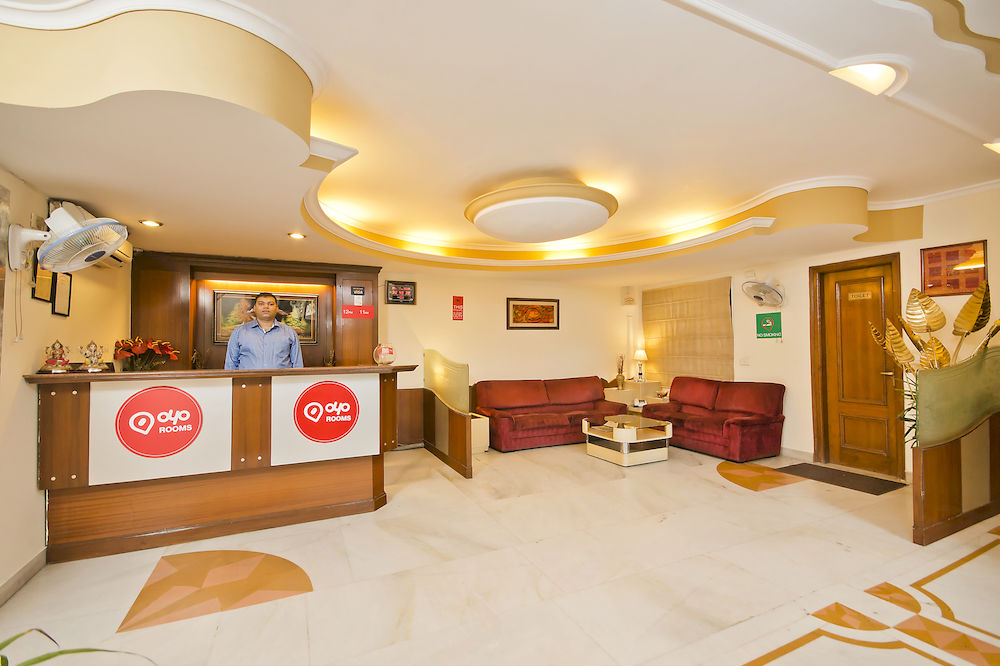Share This Article
How Indian startup Oyo Hotels achieved success
Hospitality startup Oyo Hotels from India has signed a long-term partnership agreement with the U.S. corporation Microsoft. According to the agreement, the Indian company will use the Azure cloud platform to manage its facilities. In addition, Oyo Hotels is interested in Microsoft developments based on artificial intelligence technology.
The Internet giant recently invested $5 million in a hospitality startup. That investment brought Oyo Hotels to $9.6 billion, making it the third most valuable company in the country. The market leaders are startups Byju’s and Paytm.
Oyo Hotels was founded in 2013 by Ritesh Agarwal. After graduating from college at the age of 17, the young man decided that he did not need higher education, and decided to pursue his goal now, without wasting time on years of study. In 2011, Ritesh organized a firm called Oravel Stays, which consisted of him and three programmers. The young businessman became interested in the Airbnb startup, and decided to go in the same direction. He managed to get start-up capital of $44,000, which was allocated by an investment fund, VentureNursery. However, despite the good support, the lodging booking service did not become India’s Airbnb, and Agarwal’s idea failed. The fact is that landlords preferred to look for lodgers by the tried-and-true method – through acquaintances and word of mouth – rather than the Internet. Foreigners, too, were not impressed by the pictures of Indian houses and apartments, and did not book them.

Despite the setback, however, Ritesh was interested in the comments that users left. Foreigners spoke unflatteringly about the state of housing in India, pointing out the unsanitary and dirty. Then the entrepreneur decided to rent a small hotel, clean it up, and rent it out. At the same time the rooms were still to be booked via the internet. The Thiel Fellowship Foundation was interested in such an idea, and Ritesh received money from them to launch the project. The preparation for the startup itself took 10 months, and a couple of months after the hotel opened it was clear that the online booking and the hotel itself were in demand among the average earning foreign tourists. Agarwal then decided to scale the idea, and by 2015 Oyo Hotels had become the leader among hotel chains in India. The startup works with private landlords and hotels, connecting them to the reservation system. At the same time, they must meet a number of requirements set by Oyo Hotels – cleanliness of rooms, level of service and others.
In 2017, the company entered the market in Malaysia and Nepal, and there are plans to place brand facilities in China.

